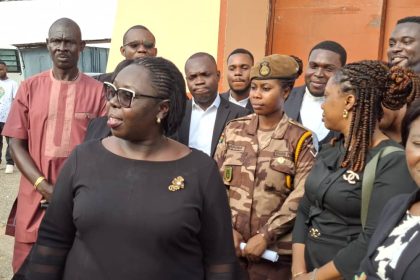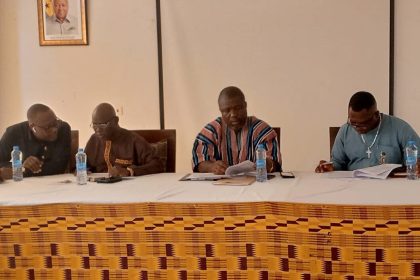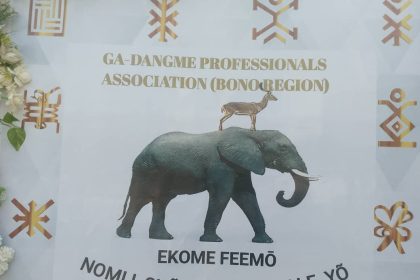As Ghana continues to battle deforestation and habitat loss, experts have renewed calls for urgent conservation of the country’s threatened tree species, which are vital to sustaining biodiversity and ecosystem balance.
This call was amplified at the Second Threatened Trees Conservation Workshop, hosted by the Forestry Research Institute of the Council for Scientific and Industrial Research (CSIR-FORIG) at Fumesua in the Ejisu Municipality.
The two-day event brought together local and international conservationists, scientists, and policymakers to assess progress and strengthen collaboration on tree species preservation.
Dr. Kwame Antwi Oduro, Director of CSIR-FORIG, addressing the opening session, underscored the central role trees play in maintaining ecological integrity and supporting wildlife.
“Nearly 60,000 tree species have been documented globally, of which more than 8,000 have been assessed as “threatened”, he said, stressing the need for timely and concrete interventions towards halting global tree losses.
He said despite all the enormous benefits from forest resources in Ghana, “it is worrying to know that forest reserves across the country are degrading at an alarming rate due to agricultural expansion, illegal logging and illegal mining.”
Dr. Oduro described forests as the heartbeat of biodiversity, noting that Ghana’s forest ecosystems serve as home to 80 percent of amphibian species, 75 percent of bird species, and 65 percent of mammal species.
He urged that protecting these trees must become a shared national responsibility.
“Any course of action aimed at protecting vulnerable species and ecosystems such as this workshop deserves all the support and attention,” he emphasised.
The workshop follows the outcomes of the inaugural international meeting held in October 2022, which led to the development of Ghana’s National Conservation Action Plan for threatened tree species.
The plan, funded and spearheaded by the Swiss-based Fondation Franklinia, identifies 39 species in urgent need of protection to prevent extinction.
Since its establishment in 2005, Fondation Franklinia has supported numerous global projects focused on preserving threatened trees.
Its partnership with CSIR-FORIG and other Ghanaian institutions highlights a shared commitment to reversing forest degradation and restoring biodiversity.
Dr. Olivier Hasinger, Grant Manager at Fondation Franklinia, praised Ghana’s leadership and commitment to forest conservation.
“I am truly impressed by what has been achieved in Ghana. The country stands out in Africa for its strong civil society and political will to conserve forest trees,” he said.
He reaffirmed his organisation’s support for ongoing activities, including identifying mother trees, collecting seeds, and propagating seedlings for reforestation programmes across the country.
Dr. James Amponsah, the Project Coordinator, outlined progress made under the ongoing initiative, noting that four critically endangered tree species have been prioritised for conservation.
He said the team had conducted field surveys, collected seeds, and raised seedlings for distribution to communities and partner institutions.
Also, habitat suitability mapping to ensure that replanting aligns with specific ecological conditions has been completed.
According to Dr. Amponsah, CSIR-FORIG is currently collaborating with seven organisations and several communities in Begoro, Feyiase, Bia Tano, and Atiwa forest to advance these restoration efforts.
Mr. Kwamena Quaison, Director of Science, Technology and Innovation at the Ministry of Environment Science and Technology (MEST), commended all partners for their dedication.
He urged continued openness and stronger collaboration to halt deforestation and rehabilitate degraded landscapes.
He observed that conserving Ghana’s tree species is not just about protecting nature but also about securing livelihoods, ensuring food security, and preserving cultural heritage.
GNA






